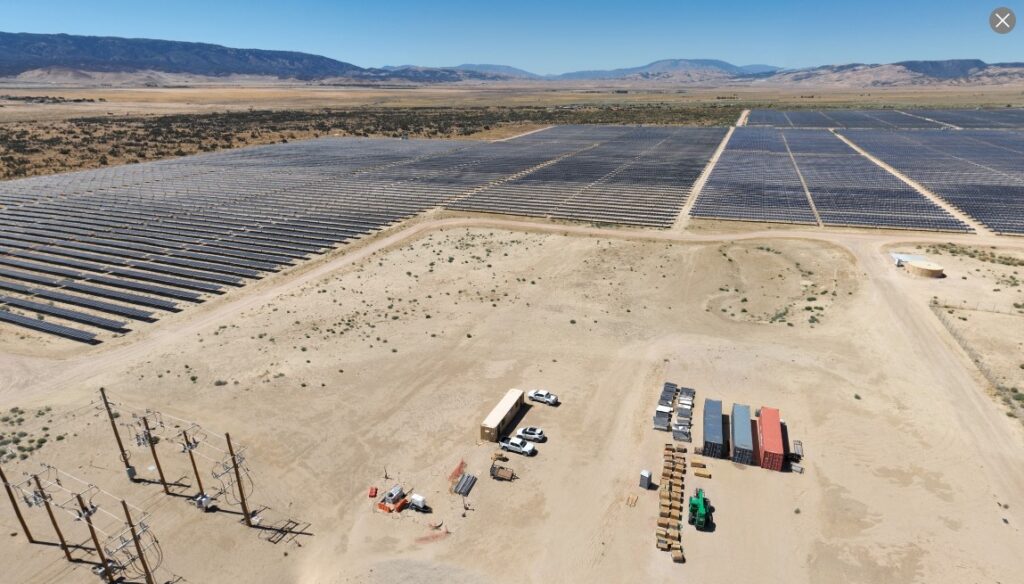Placer County, Calif. – Pioneer Community Energy (Pioneer) and Park Billing Company, Inc. (Park Billing) signed a settlement agreement on May 4, 2020 regarding electric generation rates charged to mobile home park (MHP) residents in the Pioneer service area ensuring MHP residents receive the benefits of Pioneer’s competitive rates.
“This settlement demonstrates how effective Pioneer Community Energy can be serving its customers,” said Rocklin Mayor Greg Janda, current chair of the Pioneer Governing Board. “Mobile Home Parks are one of the last refuges of affordable housing, and for those served by Pioneer, the residents deserve the benefit of Pioneer’s lower generation rates, especially during the pandemic.”
The settlement specifically requires Park Billing to include Pioneer’s electric generation rates for utility charges for MHP that are served by Pioneer in unincorporated Placer County, the cities of Auburn, Colfax, Lincoln, and Rocklin, and the town of Loomis. Pioneer’s generation rates have ranged between 5% to 11% below PG&E’s since Pioneer’s inception. In addition, Park Billing has agreed to work with all MHPs served by more than 21 community choice aggregators (like Pioneer) statewide to ensure MHP residents receive the benefits of those programs as well.
Pioneer investigated the rate issue after an MHP resident complained that she was not receiving the Pioneer discount on electric generation. The Pioneer customer service team determined that the master meter received Pioneer’s rates but the resident’s submeter did not. Pioneer coordinated with the Placer County Agricultural Commissioner, which has oversight of submeters, to determine if other MHPs were also missing the rate discount. In 2019, Pioneer and the Agricultural Commissioner initiated an education effort to help MHP owners understand the rates and the Business and Professions and Civil Codes that require the rate at the master meter be passed onto the submeters.
While some MHPs complied, Pioneer learned that residents of MHPs using Park Billing’s services were still not receiving Pioneer rates. Seeking compliance, Pioneer initiated a California Public Utilities Commission complaint process, and Park Billing responded with interest in reaching a settlement. Park Billing will be working closely with the MHP owners to achieve compliance.
Because the problem with the misapplication of rates stems from a conflict between the Public Utilities Code and the Business and Professions and Civil Codes, Senate Bill 1117 (Monning-D, Monterey) was introduced to change the term “electric corporation” to “load serving entity” to eliminate the billing problem in the future.
“Pioneer’s efforts to take care of its customers have resulted in proposed legislation designed to help some of the most vulnerable residents in the state,” said Janda. “Pioneer makes a difference in the lives of its customers.”







